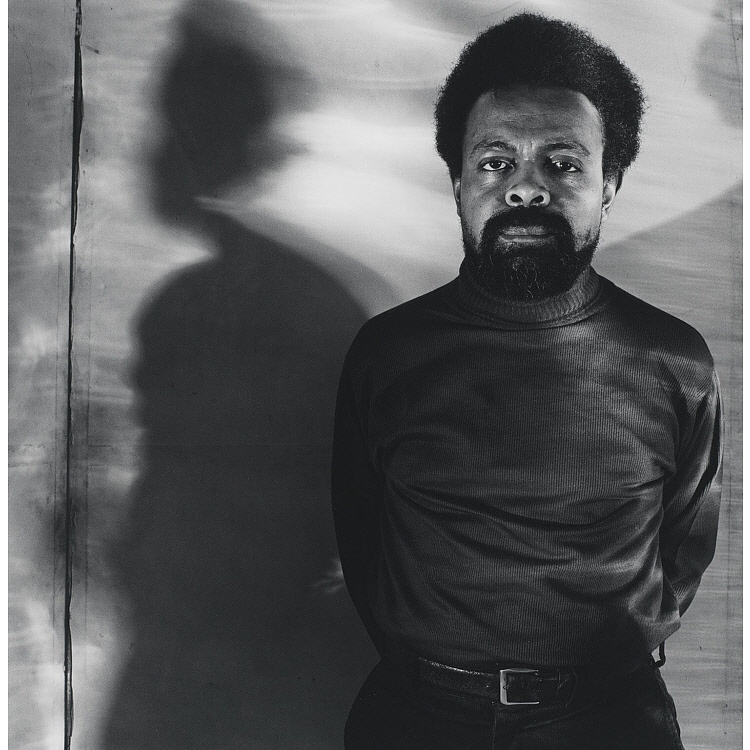A closed window looks down
on a dirty courtyard, and black people
call across or scream or walk across
defying physics in the stream of their will
Our world is full of sound
Our world is more lovely than anyone's
tho we suffer, and kill each other
and sometimes fail to walk the air
We are beautiful people
with african imaginations
full of masks and dances and swelling chants
with african eyes, and noses, and arms,
though we sprawl in grey chains in a place
full of winters, when what we want is sun.
We have been captured,
brothers. And we labor
to make our getaway, into
the ancient image, into a new
correspondence with ourselves
and our black family. We read magic
now we need the spells, to rise up
return, destroy, and create. What will be
the sacred words?
Published:
1972
Length:
Regular
Literary Movements:
Black Arts Movement
Anthology Years:
2021
2023
Themes:
Agency
Intersectionality & Culture
Literary Devices:
Anaphora
a figure of speech in which words repeat at the beginning of successive clauses, phrases, or sentences
Imagery
visually descriptive or figurative language, especially in a literary work
Polysyndeton
the repetition of conjunctions frequently and in close proximity in a sentence
Rhetorical Question
a question asked for effect, not necessarily to be answered

